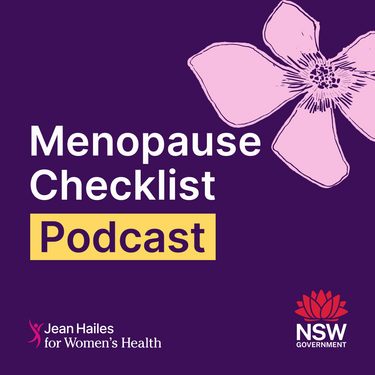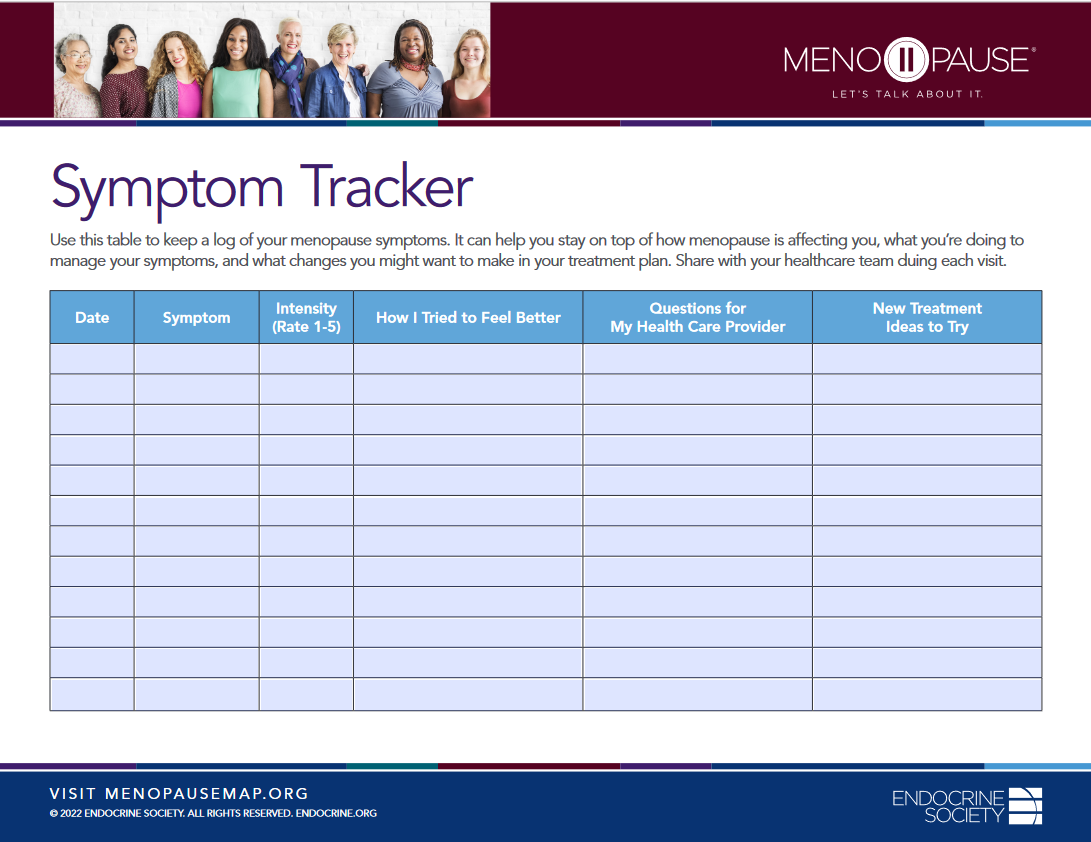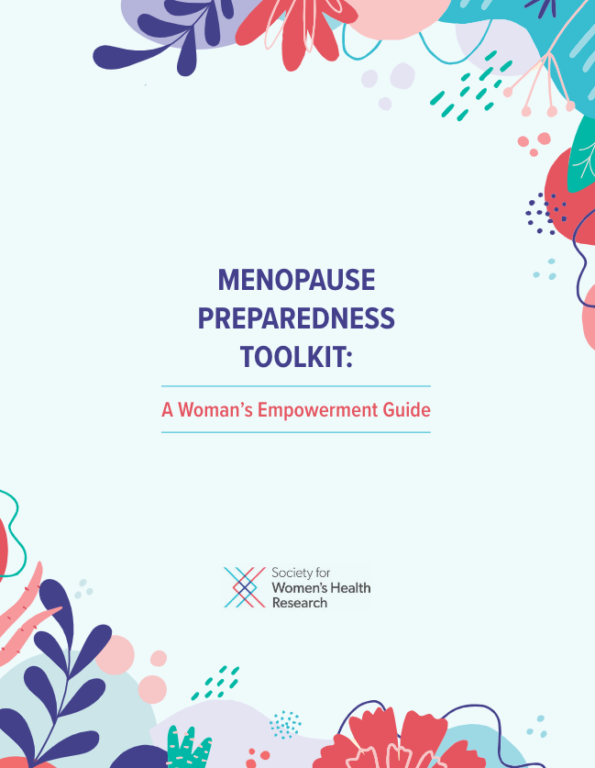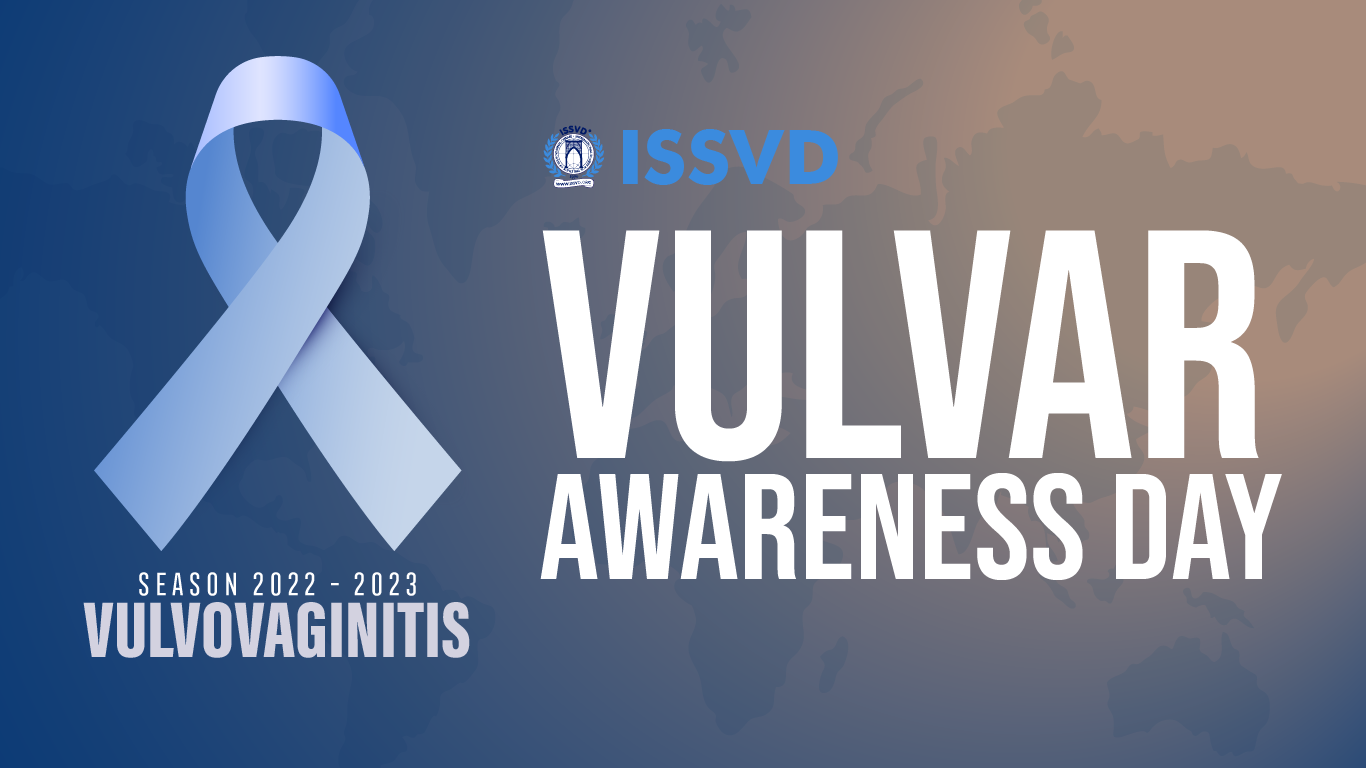“Vaginal atrophy is a condition where the lining of your
vagina gets drier and thinner. This results in itching,
burning and pain during sex, among other symptoms”.1
Umbrella
What may the Vaginal Atrophy Umbrella include?
Depending on the Source (DotS) this Umbrella may include:
- Atrophic Vaginitis
- Genital Atrophy
- Genitourinary Syndrome of Menopause (GSM)
- Urogenital Problems
- Vaginal Atrophy
- Vaginal Discomfort
- Vaginal Dryness
- Vaginal Symptoms
- Vulvovaginal Atrophy (VVA)
Definition
What is vaginal atrophy?
DotS the definition of vaginal atrophy may vary. The (United States) Mayo Clinic’s definition is:
“Vaginal atrophy (atrophic vaginitis) is thinning, drying and inflammation of the vaginal walls that may occur when your body has less estrogen. Vaginal atrophy occurs most often after menopause”.2
The (United States) Cleveland Clinic’s definition is:
“Vaginal atrophy is a condition where the lining of your vagina gets drier and thinner. This results in itching, burning and pain during sex, among other symptoms. The condition also includes urinary tract problems such as urinary tract infections (UTIs) and urinary incontinence”.3
The (Australian) Jean Hailes for Women’s Health (JH) definition is:
Genitourinary Syndrome of Menopause
What is the genitourinary syndrome of menopause (GSM)?
In Vaginal Atrophy: Overview – What Is Vaginal Atrophy? the Cleveland Clinic note:
“Recently, the term vaginal atrophy has been replaced with the newer term, genitourinary syndrome of menopause (GSM). This new term helps describe not just the vaginal, but also the urinary symptoms that may occur as a result of low estrogen”.5
In Vaginal Atrophy: Overview the Mayo Clinic explain:
Common or Not
How common is vaginal atrophy?
In Vaginal Atrophy: What Is Vaginal Atrophy? the JH note:
 “Vaginal atrophy affects about 40% of postmenopausal women – and the risk increases with age”.7
“Vaginal atrophy affects about 40% of postmenopausal women – and the risk increases with age”.7
In Vaginal Atrophy: Overview – How Common Is Vaginal Atrophy? (GSM) the Cleveland Clinic note:
“At least half of women and people AFAB who enter menopause show signs and symptoms of genitourinary syndrome of menopause. Vaginal dryness is typically the first indication that a person is developing vaginal atrophy”.8
Symptoms
What may be symptoms of vaginal atrophy?
In Vulvovaginal Atrophy the European Menopause and Andropause Society explain:
 “Symptoms include:
“Symptoms include:
- Irritation
- Burning
- Itching
- Chafing
- Discomfort
- Uncomfortable or even painful intercourse
- Passing urine more frequently
- More frequent urinary tract infections
- Greater discomfort with cervical smear tests”.9
Cause
What causes vaginal atrophy?
In Vaginal Atrophy: Symptoms & Causes – Causes the Mayo Clinic elaborate on:
“Genitourinary syndrome of menopause is caused by a decrease in estrogen production. Less estrogen makes your vaginal tissues thinner, drier, less elastic and more fragile”.10
Treatment
How can VVA be treated?
In Vaginal Atrophy: Can Vaginal Atrophy Be Reversed? the JH note:
On page one and two in Vaginal Dryness: Treatment Options the NAMS elaborate on:
- “Nonhormone Remedies
- Vaginal Lubricants…
- Vaginal Moisturizers…
- Regular Sexual Stimulation…
- Expanding Your Views of Sexual Pleasure…
- Vaginal Dilators…
- Pelvic Floor Exercises…
- Vaginal Hormone Therapy…
- Low-dose local estrogen…
- FDA-approved low-dose vaginal estrogen products…
- Dehydroepiandrosterone (DHEA; Prasterone)
- Low-dose vaginal estrogen or DHEA and a history breast or uterine cancer…
- Systemic Estrogen Therapy
- Other Therapies…
- Ospemifene
- Vaginal Laser Therapy…”.12
The Mayo Clinic also note:
“… make an appointment to see your doctor if you experience painful intercourse that’s not resolved by using a vaginal moisturizer (K-Y Liquibeads, Replens, Sliquid, others) or water-based lubricant (Astroglide, K-Y Jelly, Sliquid, others)”.13
Vaginal Estrogen
Can estrogen be placed directly into the vagina?
On page one in Deciding About Hormone Therapy Use published July 2022, the NAMS explain:
“If you are bothered only by vaginal dryness, you can use very low doses of estrogen placed directly into the vagina. These low doses generally do not raise blood estrogen levels above postmenopause levels and do not treat hot flashes. You do not need to take a progestogen when using only low doses of estrogen in the vagina. (The MenoNote “Vaginal Dryness” covers this topic in detail)”.14
On page three in the Joint Position Statement By the British Menopause Society, Royal College of Obstetricians and Gynaecologists and Society for Endocrinology on Best Practice Recommendations for the Care of Women Experiencing the Menopause first published online 10 June 2022, one of the recommendations is:
- “Low-dose and ultra-low dose vaginal oestrogen preparations can be taken by perimenopausal and menopausal women experiencing genitourinary symptoms and continued for as long as required. All vaginal oestrogen preparations have been shown to be effective in this context and there is no requirement to combine vaginal oestrogens with systemic progestogen treatment for endometrial protection, as low-dose and ultra-low dose vaginal oestrogen preparations do not result in significant systemic absorption or endometrial hyperplasia”.15
In The 2023 Practitioner’s Toolkit for Managing Menopause: Management – Local Treatment of Urogenital Atrophy published December 2023, the authors note:
Sexual Activity
May regular sexual activity help?
In Vaginal Atrophy: What You Can Do the JH explain:
- “Regular sexual activity (including masturbation) – to improve blood flow to your vagina, which can keep vaginal tissues elastic and flexible. Sexually active women report fewer symptoms of vaginal atrophy compared to women who don’t have regular sex”.17
Other Menopause Symptoms
Does vaginal estrogen protect against osteoporosis or stop the hot flushes caused by menopause?
In Estrogens: Vaginal Route – Description and Brand Names: Descriptions the (United States) Mayo Clinic note:
Health Care Provider
What if I think I have vaginal atrophy?
If you think you have vaginal atrophy, it may be in your best interest to choose to talk to your health care provider about this.
In Vaginal Discomfort: Discomfort Not Directly Related To Menopause the NAMS elaborate on:
“Because vaginal discomfort can arise from so many different sources, persistent symptoms of dryness, irritation, burning, itchiness, or pain should be evaluated by a healthcare provider to determine their cause”.19
In Vaginal Atrophy: When To See Your Doctor the JH note:
“Many women have symptoms of vaginal atrophy (such as painful sex) but they don’t seek treatment because they feel embarrassed or think nothing can be done. It’s important to get the right diagnosis and treatment, so see your doctor if you have any symptoms”.20
Health Topics A-Z
Where may I find Health Topics A-Z related to the Vaginal Atrophy?
In Health Topics A-Z you may find:
Links
Where may I find Links related to Vaginal Atrophy?
Your Country may have Links similar to:

Links
This Links List to third party websites is neither comprehensive nor exhaustive. Inclusion on this Links List does not imply endorsement or recommendation. Non-inclusion on this Links List does not imply non-endorsement or non-recommendation. Third party websites are not under the control of Meno Martha International Menopause Directory. Third party websites may contain explicit medical images and/or sexual references. Please read Meno Martha International Menopause Directory’s Links Policy before proceeding to a Link. Please contact Webmaster if you experience a problem with a Link.New or Updated
- Menopause Checklist Podcast: Episode 6: Hello Lubricant!
- Menopause: Understanding the Changes and Finding Relief | Dr Susan Davis | The Proof Podcast EP 256
- Vaginal Dryness: What To Do About It
- Vaginal Oestrogen Is A Treatment on the Rise, But Is It Safe? [14 February 2024]
- Video Series-2024: Preparing for Your Menopause Health Care Visit [13 January 2024]
- What Happens To Your Vagina As You Age?
- ACOG Explains: Managing Menopause Symptoms [American College of Obstetricians and Gynecologists]
- Askearlymenopause.org [Ask EM] [+ Video: What Is Early Menopause?]
- BMS TV: Hormone Replacement Therapy (HRT)
- BMS TV: Urogenital Atrophy
- Caredownthere.com.au
- Could Altering Vaginal Microbiome Treat Vaginal Dryness and Painful Sex During Menopause?
- Could Chamomile Vaginal Gel Improve the Sexual Function of Postmenopausal Women
- Deciding About Hormone Therapy Use
- Douching
- Dr Louise Newson: The Truth About the Menopause & HRT
- Endometrial Safety of Low-Dose Vaginal Estrogens
- Endometrial Safety of Low-Dose Vaginal Estrogens [Video]
- Estrogen (Vaginal Route): Description and Brand Names
- FAQs: Vulvovaginal Health
- Find A Menopause Practitioner [United States and Other]
- Find An AMS Doctor [Australasian Menopause Society i.e. Australia and New Zealand]
- Find Your Nearest BMS Menopause Specialist [British Menopause Society]
- Genitourinary Syndrome of Menopause and the False Promise of Vaginal Laser Therapy
- Hormone Replacement Therapy (HRT): Vaginal Oestrogen
- Hormone Replacement Therapy (HRT): Vaginal Oestrogen: About Vaginal Oestrogen
- Hormone Replacement Therapy (HRT): Vaginal Oestrogen: Common Questions About Vaginal Oestrogen
- Hormone Replacement Therapy (HRT): Vaginal Oestrogen: Side Effects of Vaginal Estrogen
- I Forgot To Ask the Doctor – E9: The Menopause: Can Every Woman That Wants It Have HRT?
- International Society for the Study of Vulvovaginal Diseases: Patient Handouts
- International Society for the Study of Women’s Sexual Health: Find A Provider
- Joint Position Statement By the British Menopause Society, Royal College of Obstetricians and Gynaecologists and Society for Endocrinology on Best Practice Recommendations for the Care of Women Experiencing the Menopause
- Later Years (Around 50 Years and Over): Menopause and Post Menopause Health – Sexual Wellbeing, Intimacy and Menopause [+ Video: Menopause Is the End of Your Sex Life]
- Later Years (Around 50 Years and Over): Menopause and Post Menopause Health – Signs and Symptoms of Menopause [+ Video: Talking Menopause With Your GP]
- Later Years (Around 50 Years and Over): Menopause and Post Menopause Health – Supporting Someone Through the Menopause [+ Video: Men Don’t Need To Know About Menopause]
- Let’s Talk About Perimenopause
- Lubricant Alternatives: What To Use and What To Avoid
- Management of Perimenopausal and Menopausal Symptoms
- Managing Your Symptoms: Managing Bladder, Vaginal and Vulval Problems
- Mayo Clinic Q and A: Perimenopause Transitions and Concerns
- Menopause
- Menopause
- Menopause Checklist Podcast: Episode 6: Hello Lubricant!
- Menopause Hormone Therapy and Urinary Symptoms: A Systematic Review [Video]
- Menopause Map: Downloadable Resources – My Personal Path Print Tools: Questions for Your Health Care Provider

- Menopause Map: Downloadable Resources – My Personal Path Print Tools: Symptom Tracker

- Menopause Mindfulness: Embracing the Change of My Midlife
- Menopause Patient Information [Videos] 2. Talking To Your GP About Menopause
- Menopause Patient Information [Videos] 4. The Different Types of HRT
- Menopause Preparedness Toolkit Video Series: Common Conditions Associated With Menopause and Midlife
 Menopause Preparedness Toolkit: A Woman’s Empowerment Guide
Menopause Preparedness Toolkit: A Woman’s Empowerment Guide- Menopause Ruining Your Sex Life?
- Menopause Signs and Symptoms
- Menopause Symptoms: Mayo Clinic Expert Outlines Hormone and Nonhormonal Therapies
- Menopause Treatments: What Works, What Doesn’t – Treatments for Vaginal Dryness
- Menopause, Perimenopause, Hormone Therapy and Other Treatments With Madelyn Butler, MD [Podcast]
- Menopause: Things You Can Do
- Menopause: Understanding the Changes and Finding Relief | Dr Susan Davis | The Proof Podcast EP 256
- National Center for Complementary and Integrative Health: Herbs At A Glance
- National Center for Complementary and Integrative Health: How Safe Is This Product or Practice?
- Navigating Menopause Together: How Partners Can Help
- Navigating Menopause: Expert Insights and Solutions | Dr Susan Davis | The Proof Podcast EP 245
- Patty Brisben Foundation for Women’s Sexual Health
- Patty Brisben Foundation for Women’s Sexual Health: Guide To Sexual Health Providers
- Perimenopause
- Perimenopause
- Perimenopause and Menopause Symptom Checklist

- Prosayla.com [Prosayla Supported By the ISSWSH [International Society for the Study of Women’s Sexual Health]]
- Sexual Problems and Menopause
- Supporting A Loved One Through Menopause
- Symptoms of Menopause: Bladder, Vaginal and Vulval Problems
- The Truth About Menopause Supplements | Dr Sarah Berry
- Therapy for the Effects of Menopause
- Tips To Help Manage Menopause Symptoms
- Using Natural Therapies In the Menopause Transition – Webinar
- Vaginal Atrophy
- Vaginal Atrophy
- Vaginal Atrophy
- Vaginal and Vulval Pain: Know the Different Causes and When To Seek Help
- Vaginal Dryness
- Vaginal Dryness
- Vaginal Dryness
- Vaginal Dryness
- Vaginal Dryness After Menopause: How To Treat It? I’m postmenopausal and often have vaginal dryness, which makes intercourse painful. Is there anything I can do about it?
- Vaginal Dryness Alternative Treatments
- ‘Vaginal Dryness’ Can Be Fatal. No, Really.
- Vaginal Dryness: What To Do About It
- Vaginal Laser Therapy for GSM/VVA: Where We Stand Now – A Review By the EUGA Working Group on Laser
- Vaginal Oestrogen Is A Treatment on the Rise, But Is It Safe?
- Video Series-2022: Hormone Therapy: Understanding the Risks and Benefits
- Video Series-2022: Perimenopause, Signs, Symptoms, and Solutions
- Video Series-2023: NAMS 2023 Nonhormone Therapies Position Statement for Bothersome Menopause Symptoms
- Videos and Podcasts: Videos – Interviews: A Simple Approach To Menopause: The Menopause Quick Six (www.MQ6.ca)
- Videos and Podcasts: Videos – Interviews: Vulvovaginal Atrophy
- Vulval Irritation [+ Video]
- Vulval and Vaginal Conditions: Vaginal Atrophy
- Vulvar Awareness Day [18 September 2023]

- Vulvovaginal Atrophy
- Webinars: Previous – Pay Attention on Your Way In! The Vulva Is An Important Organ Too
- What Doctors Wish Patients Knew About Menopause
- What Everyone Should Know About Menopause Symptoms [Video]
- What Happens To Your Vagina As You Age?
- What Is Menopause? [+ Video]
- What Is Vaginal Steaming and Is It Safe?
- Why Didn’t Anyone Tell Me This? Episode 3: Dr Annice Mukherjee: Your Essential Menopause Toolkit
- Wild Yam
Sources
Where may I find the Sources quoted?
You may find the Sources quoted at:
Sources
- Vaginal Atrophy: Overview – What Is Vaginal Atrophy? Last Updated: 10 April 2023. Cleveland Clinic https://my.clevelandclinic.org/health/diseases/15500-vaginal-atrophy Accessed: 11 March 2024
- Vaginal Atrophy: Symptoms & Causes – Overview. 17 September 2021. Mayo Clinic https://www.mayoclinic.org/diseases-conditions/vaginal-atrophy/symptoms-causes/syc-20352288 Accessed: 11 March 2024
- Vaginal Atrophy: Overview – What Is Vaginal Atrophy? Last Updated: 10 April 2023. Cleveland Clinic https://my.clevelandclinic.org/health/diseases/15500-vaginal-atrophy Accessed: 11 March 2024
- Vaginal Atrophy. Last Updated: 07 December 2023. Last Reviewed: 26 April 2023. Jean Hailes for Women’s Health https://www.jeanhailes.org.au/health-a-z/vulva-vagina/vulval-vaginal-conditions/vaginal-atrophy Accessed: 11 March 2024
- Vaginal Atrophy: Overview – What Is Vaginal Atrophy? Last Updated: 10 April 2023. Cleveland Clinic https://my.clevelandclinic.org/health/diseases/15500-vaginal-atrophy Accessed: 11 March 2024
- Vaginal Atrophy: Symptoms & Causes – Symptoms: When To See A Doctor. 17 September 2021. Mayo Clinic https://www.mayoclinic.org/diseases-conditions/vaginal-atrophy/symptoms-causes/syc-20352288 Accessed: 11 March 2024
- Vaginal Atrophy: What Is Vaginal Atrophy? Last Updated: 07 December 2023. Last Reviewed: 26 April 2023. Jean Hailes for Women’s Health https://www.jeanhailes.org.au/health-a-z/vulva-vagina/vulval-vaginal-conditions/vaginal-atrophy Accessed: 11 March 2024
- Vaginal Atrophy: Overview – How Common Is Vaginal Atrophy (GSM)? Last Updated: 10 April 2023. Cleveland Clinic https://my.clevelandclinic.org/health/diseases/15500-vaginal-atrophy Accessed: 11 March 2024
- Vulvovaginal Atrophy. 2022 European Menopause and Andropause Society https://emas-online.org/wp-content/uploads/2022/07/Vulvovaginal-atrophy.pdf Accessed: 11 March 2024
- Vaginal Atrophy: Symptoms & Causes – Causes. 17 September 2021. Mayo Clinic https://www.mayoclinic.org/diseases-conditions/vaginal-atrophy/symptoms-causes/syc-20352288 Accessed: 11 March 2024
- Vaginal Atrophy: Can Vaginal Atrophy Be Reversed? Last Updated: 07 December 2023. Last Reviewed: 26 April 2023. Jean Hailes for Women’s Health https://www.jeanhailes.org.au/health-a-z/vulva-vagina/vulval-vaginal-conditions/vaginal-atrophy Accessed: 11 March 2024
- Vaginal Dryness: Treatment Options. 2022: 1-2. North American Menopause Society https://www.menopause.org/docs/default-source/for-women/mn-vaginal-dryness.pdf Accessed: 11 March 2024
- Vaginal Atrophy: Symptoms & Causes – Symptoms: When To See A Doctor. 17 September 2021. Mayo Clinic https://www.mayoclinic.org/diseases-conditions/vaginal-atrophy/symptoms-causes/syc-20352288 Accessed: 11 March 2024
- Deciding About Hormone Therapy Use. 2022:1. North American Menopause Society https://www.menopause.org/docs/default-source/professional/menonote-deciding-about-ht-2022.pdf Accessed: 11 March 2024
- Hamoda, H., Mukherjee, A., Morris, E., Baldeweg, S. E., Jayesena, C. N., Briggs, P., Moger, S. Joint Position Statement By the British Menopause Society, Royal College of Obstetricians and Gynaecologists and Society for Endocrinology on Best Practice Recommendations for the Care of Women Experiencing the Menopause. First Published Online 10 June 2022 https://journals.sagepub.com/doi/full/10.1177/20533691221104879 Accessed: 11 March 2024
- Davis, S. R., Taylor, S., Hemachandra, C., Magraith, K., Ebeling, P. R., Jane, F., and Islam, R. M. The 2023 Practitioner’s Toolkit for Managing Menopause: Management – Local Treatment of Urogenital Atrophy. Published Online: 01 December 2023 https://www.tandfonline.com/doi/full/10.1080/13697137.2023.2258783 Accessed: 11 March 2024
- Vaginal Atrophy: What You Can Do. Last Updated: 07 December 2023. Last Reviewed: 26 April 2023. Jean Hailes for Women’s Health https://www.jeanhailes.org.au/health-a-z/vulva-vagina/vulval-vaginal-conditions/vaginal-atrophy Accessed: 11 March 2024
- Vaginal Discomfort: Discomfort Not Directly Related To Menopause. North American Menopause Society https://www.menopause.org/for-women/sexual-health-menopause-online/causes-of-sexual-problems/vaginal-discomfort Accessed: 11 March 2024
- Estrogens: Vaginal Route – Description and Brand Names: Descriptions. Mayo Clinic https://www.mayoclinic.org/drugs-supplements/estrogen-vaginal-route/description/drg-20069459 Accessed: 11 March 2024
- Vaginal Atrophy: When To See Your Doctor. Last Updated: 07 December 2023. Last Reviewed: 26 April 2023. Jean Hailes for Women’s Health https://www.jeanhailes.org.au/health-a-z/vulva-vagina-ovaries-uterus/vulval-vaginal-conditions/vaginal-atrophy Accessed: 11 March 2024



